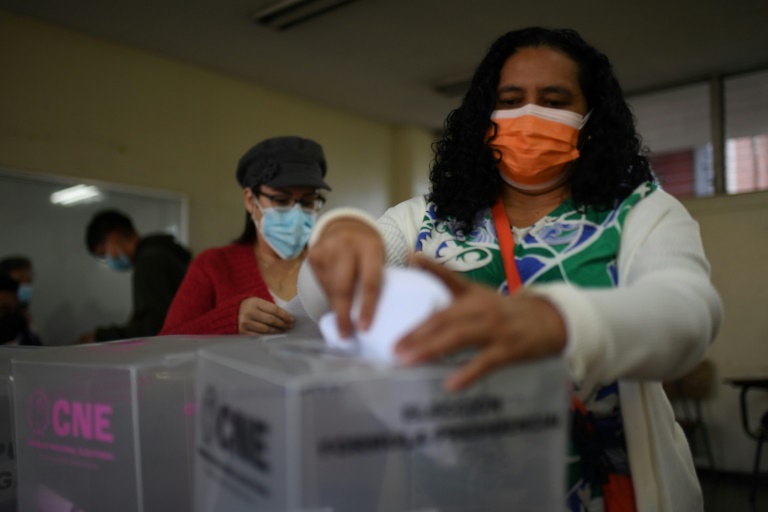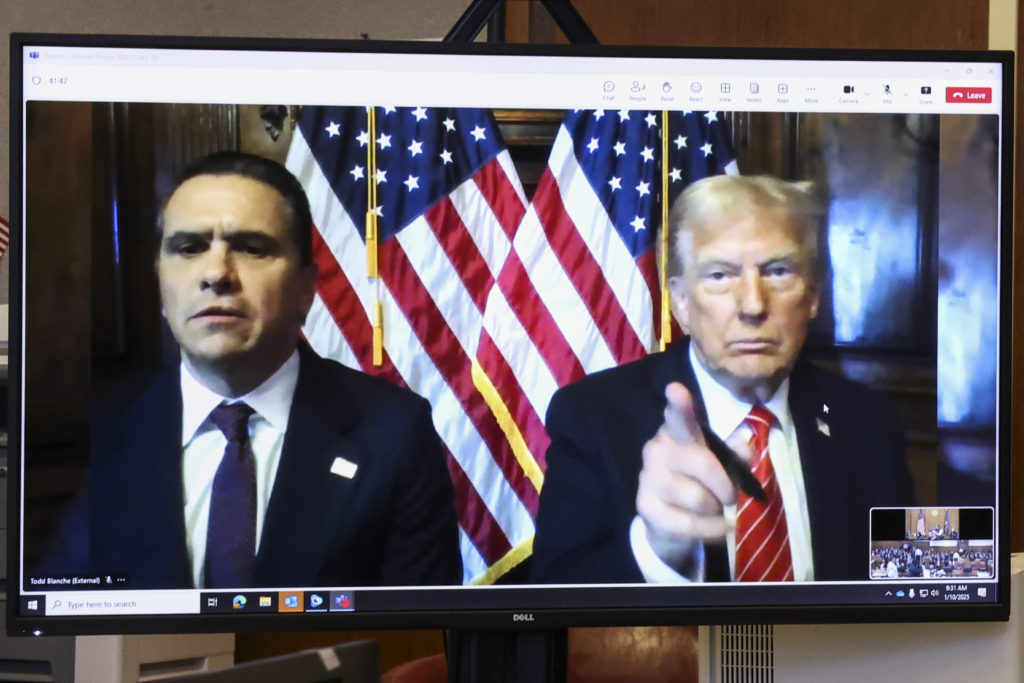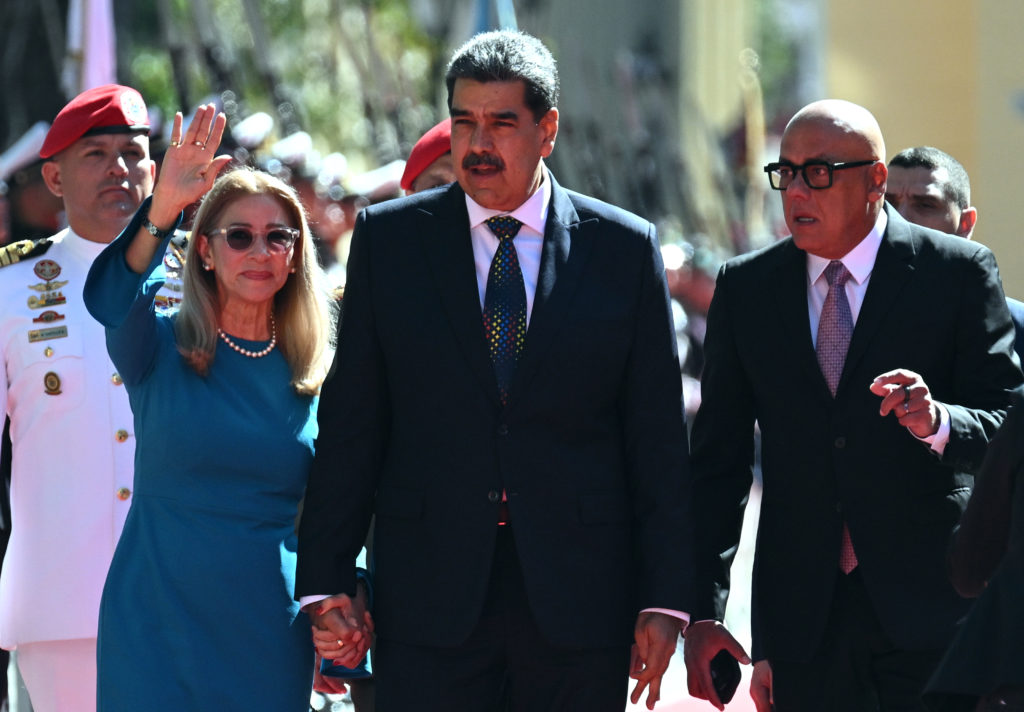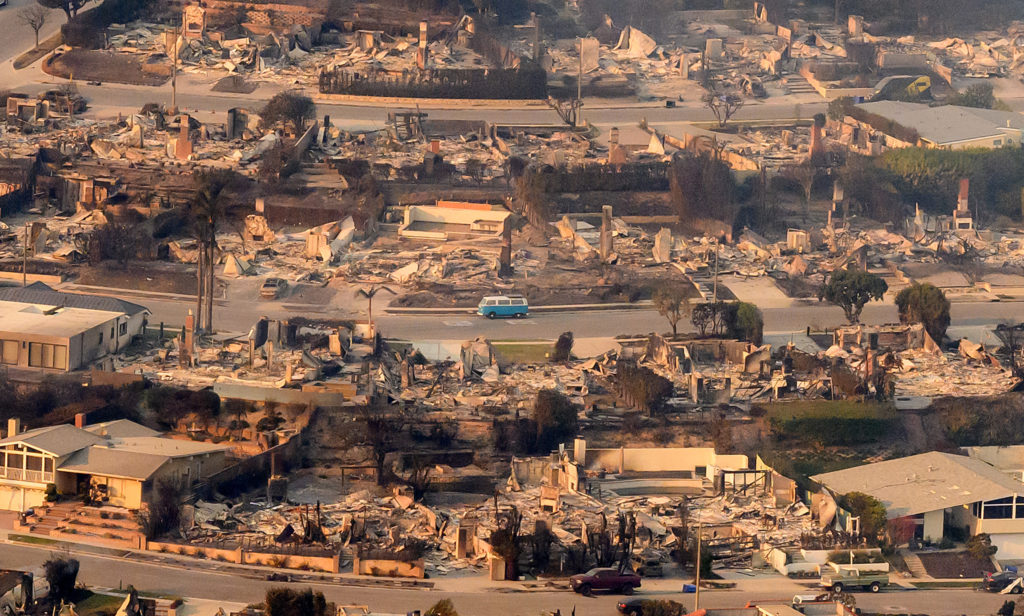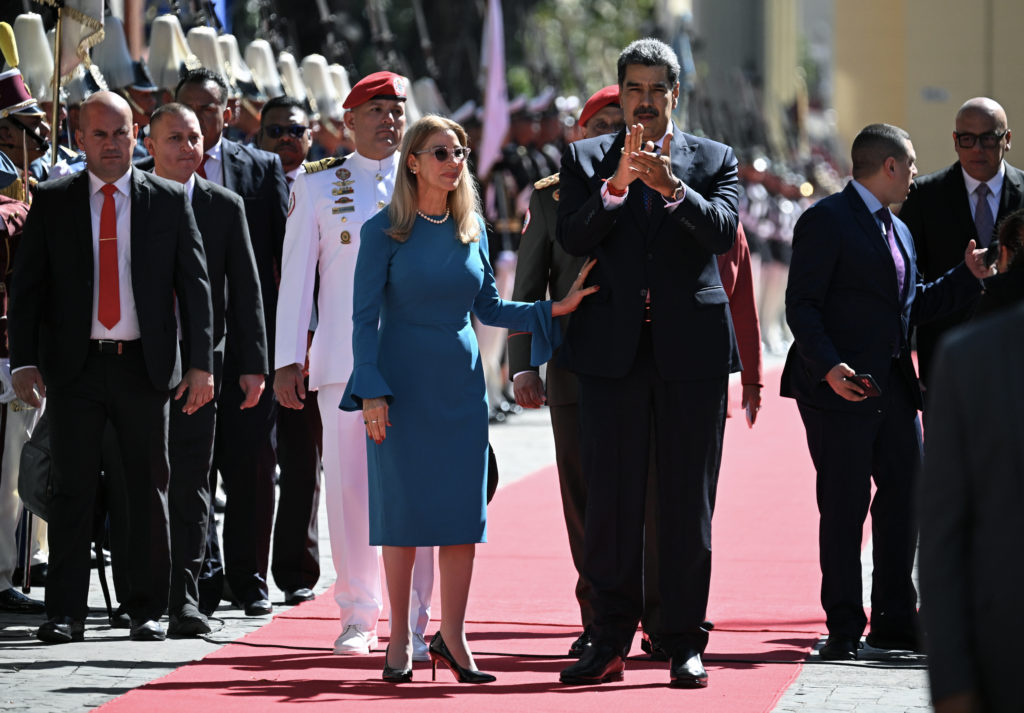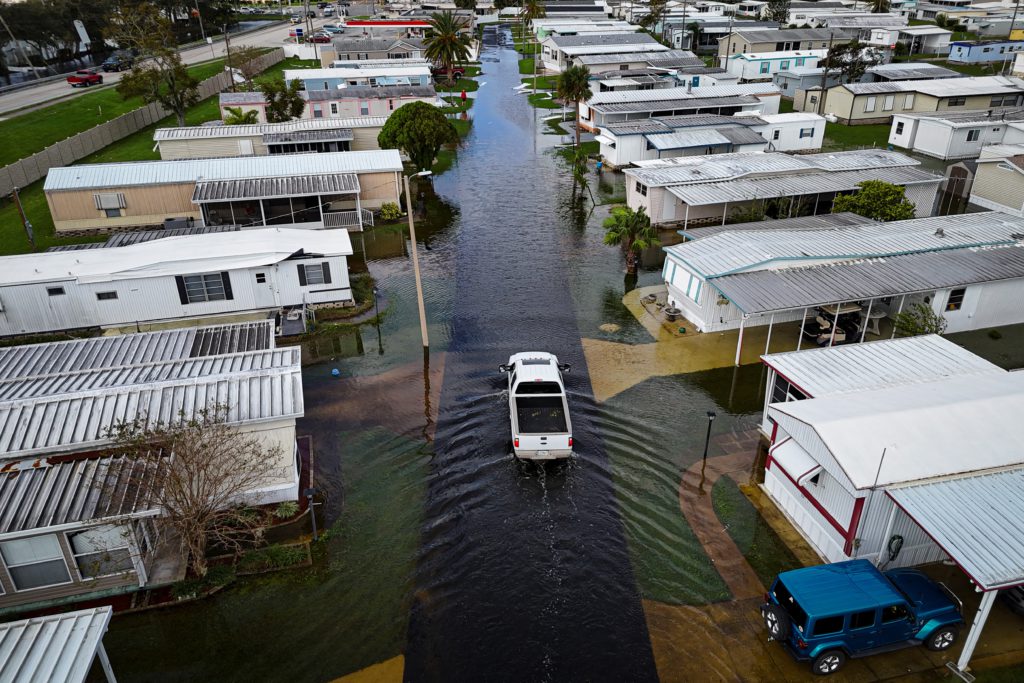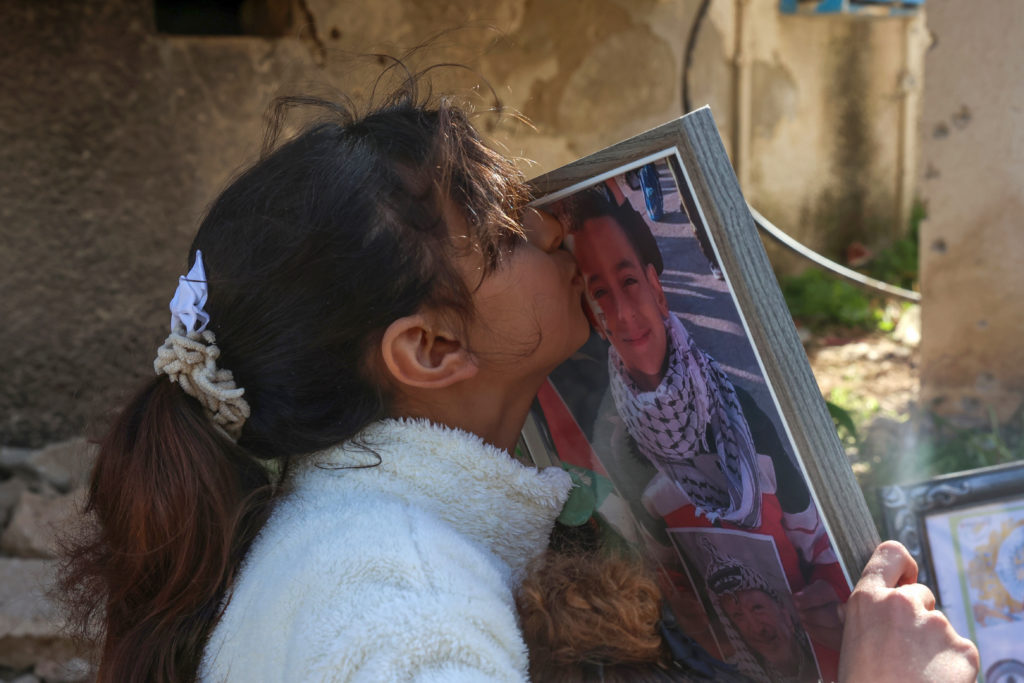Former first lady Xiomara Castro appeared set to become Honduras’s first woman president after taking a commanding lead over the ruling party candidate, partial election results showed Monday.
With just over half of votes counted, the leftist opposition leader had taken more than 53 percent with a lead of almost 20 percentage points over the ruling National Party’s Nasry Asfura, according to a National Electoral Council (CNE) live count.
Castro, whose husband Manuel Zelaya was deposed from the presidency in a coup in 2009, claimed victory late Sunday, even as the CNE said no result will be announced until the last vote is counted.
“Good night, we’ve won,” Castro told supporters, promising to lead “a reconciliation government” in a country wracked by violent crime, drug trafficking, rampant corruption and large-scale migration to the United States.
Her statement sparked scenes of celebration in the capital Tegucigalpa, with supporters setting off fireworks and honking car horns.
It was a far cry from the deadly protests that broke out four years ago when Juan Orlando Hernandez won a second successive term amid accusations of fraud.
More than 30 people died as authorities cracked down on the month-long protest.
Reports of intimidation and violence in the buildup to Sunday’s election led to fears of fresh unrest.
Castro and Asfura both called for calm as they cast their ballots, but the National Party (PN) declared victory less than an hour after polls opened, earning a rebuke from the European Union observer mission.
CNE boss Kelvin Aguirre said “historic” numbers had voted, with a turnout of more than 60 percent of 5.2 million registered voters.
But he warned that “no candidate can claim victory until the last vote has been counted.”
– Olive branch –
The opposition had expressed fears the poll could be rigged to keep the PN in power, which would almost inevitably prompt street protests.
The campaign was bitter, with the PN trying to discredit Castro as a communist and attacking her support for legalizing abortion and same-sex marriage, touchy subjects in deeply conservative Honduras.
Castro, in turn, branded Hernandez a “narco-dictator.”
But she took a conciliatory tone on Sunday night.
“I hold out my hand to my opponents because I don’t have enemies, I will call for dialogue… with all sectors,” she said.
Castro’s expected victory would break 12 years of PN rule and four decades of hegemony shared with the Liberal Party.
Honduras has been hit hard by gang violence, drug trafficking and hurricanes, with 59 percent of its 10 million people living in poverty.
Washington has been keeping a close eye on the election.
Honduras has been the starting point for a wave of migrant caravans trying to reach the United States.
Some 18,000 police and as many soldiers were on duty nationwide for Sunday’s vote, which took place without incident in the capital.
“Regardless of who wins, we’re brothers, we’re all Hondurans and need to respect each other,” said Leonel Pena, 57, a carpenter in a poor neighborhood.
After more than a decade of PN rule, many voters said it was time for change.
“We’ve tried this government for 12 years and things have gone from bad to worse,” Luis Gomez, 26, told AFP in the gang-ridden Tegucigalpa neighborhood of La Sosa. “We hope for something new.”
Unemployment jumped from 5.7 percent in 2019 to 10.9 percent in 2020, largely because of the coronavirus pandemic, according to a study by the Autonomous University.
The country was also ravaged by two hurricanes in 2020.
– ‘No narco-states, only narco-governments’ –
The PN has been in power since Zelaya was ousted in a 2009 coup supported by the military, business elites and the political right.
Corruption and drug-trafficking scandals have engulfed Hernandez and many in his inner circle.
“Honduras is internationally known as a narco-state. But there are no narco-states, only narco-governments,” said political analyst Raul Pineda, a former PN legislator.
Hernandez’s brother Tony is serving a life sentence in a US prison for drug trafficking.
Drug barons whom the president helped extradite to the United States have accused him of involvement in the illicit trade.
Asfura was accused in 2020 of embezzling $700,000 of public money, and the so-called Pandora Papers linked him to influence-peddling in Costa Rica.
The third major candidate in the presidential race, the Liberal Party’s Yani Rosenthal, spent three years in a US jail for money laundering.
He scored just nine percent in early results.
Hondurans also voted to elect the 28 members of the National Congress and 20 representatives of the Central American parliament.

